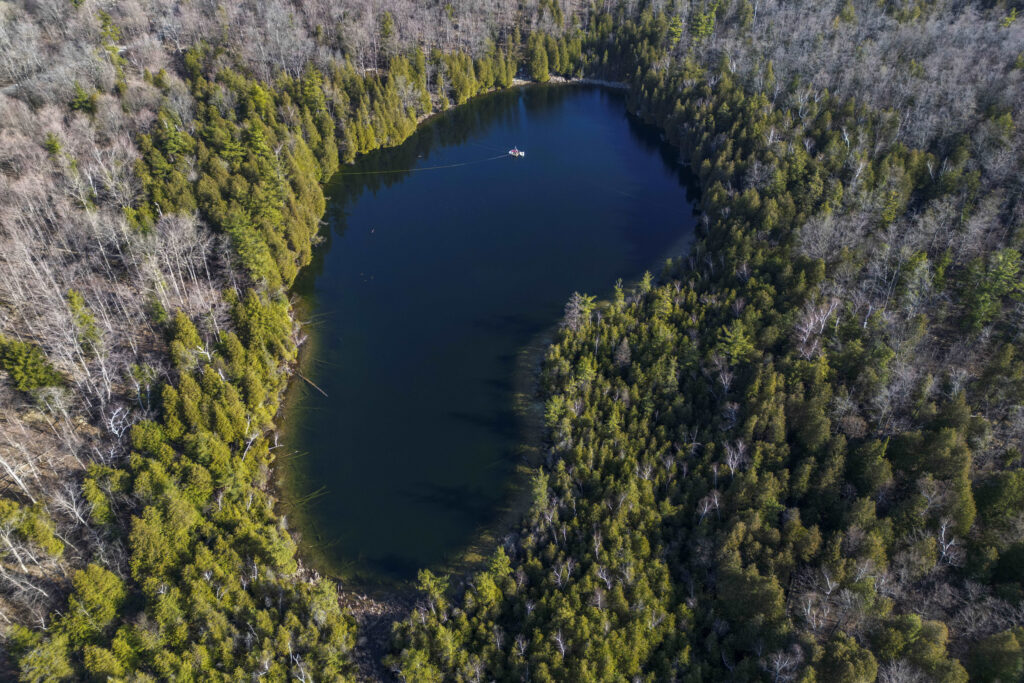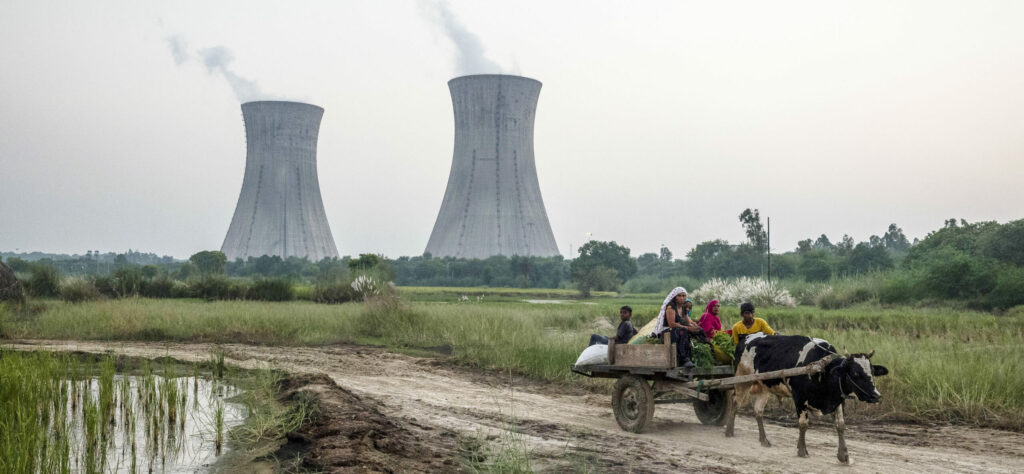Vijay Jayaraj complains that CNN has just run a very long, very wrong article called “The one chance we have: The pandemic gave the world a golden opportunity to fix the climate crisis. We’re about to waste it.” In which they got just about everything wrong, including saying his own country of India is facing a climate-driven famine when actually “agricultural data show that India is on a record streak for agricultural crop output”. And you know that thing about being entitled to your own opinion but not your own facts.
Jayaraj quotes CNN that “India is also staring down the barrel of an extreme weather crisis, with droughts, floods and drinking water shortages devastating thousands of lives each year—and impacting the country’s already battered economy.” Whereas actually it’s growing enough food for major export earnings, great news given that like everywhere else India is reeling from the impact of the pandemic and associated lockdowns.
Which makes us wonder why on Earth, or under it, CNN thought that an economic collapse spelled green opportunity. It is actually well-known, though again only among the fact-based, that historically there’s a U-shaped relationship between wealth and the environment. Very poor countries lack the technology or scale of production to do much harm, though the water is usually not safe to drink and the huts are smoky (which is no joke). As they start growing, they start to create more complex and artificial air and water pollution that eventually becomes a major issue, as well as a lot more old-fashioned pollutants like the human waste that made the Thames a choking sewer by the mid-19th century. There’s the bad news.
The good news is that as countries get yet richer, especially if per capita income gives their inhabitants more economic breathing room and democracy gives them more political breathing room, they demand more literal breathing room, and measures get implemented of the sort that got rid of L.A.’s and London’s infamous smog, brought fish back to the Cuyahoga River and Lake Erie and in countless other big and small ways protected ecosystems and species including homo sapiens in the West. Where government policy prevents or distorts growth and chokes off freedom, as in the People’s Republic of China, the situation is tragically different.
Speaking of China, or rather not doing so, Jayaraj notes that “For its attack on fossil fuels, CNN handpicked four countries that use coal: Australia, India, Canada, and Poland.” Whereas everybody knows, including Wikipedia, that “China is the largest producer and consumer of coal in the world” with coal accounting for 57.7% of electricity generation last year and it is cranking out new coal plants at home and abroad in ways that make a mockery of Xi Jinping’s words about net zero. (As Wikipedia notes delicately, “It is believed that a continued increase in coal power in China may undermine international initiatives to decrease carbon emissions such as the Kyoto Protocol, which called for a decrease of 483 million tons by 2012. In the same time frame, it is expected that coal plants in China will have increased CO2 emissions by 1,926 million tons — over 4 times the proposed reduction.” Oh darn.)
By contrast India is a democracy and an increasingly prosperous one. The last thing it needs, including from the point of view of environmental quality, is an economic collapse even if it is due to the pandemic that is weirdly popular with the green crowd.
Well, an economic collapse is close to the last thing India needs. But one thing it needs even less than a recession is distorted information. For instance, as Jayaraj also points out, CNN’s rant about how thanks to climate change “erratic monsoon rains have made it difficult for farmers (in India) to predict when to plant and harvest crops” flies in the face of data showing that monsoon rains have always been erratic. And it gets deforestation wrong as well.
Otherwise a fine piece of journalism.


